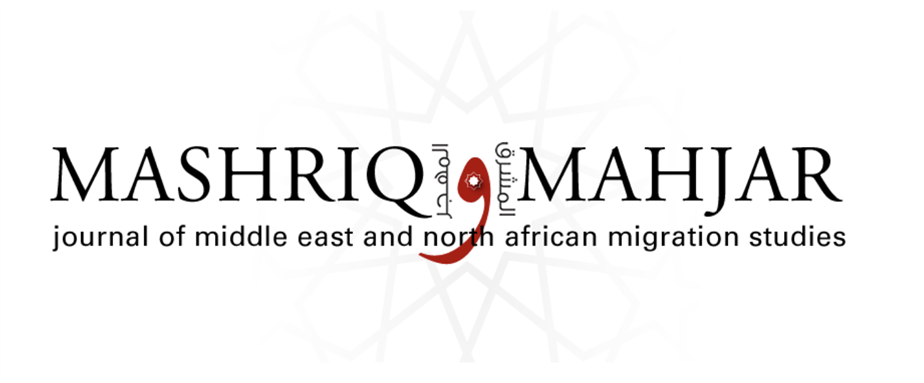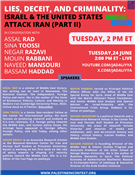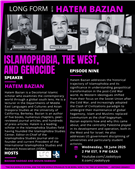Call for Papers: "Locating Palestine in the Arab Americas" Workshop
September 13–16, 2024
Khayrallah Center, North Carolina State University
Palestinians have long conceived their liberation struggle as a transnational, anti-colonial movement that must necessarily build alliances with other marginalized and displaced peoples. The Americas – North, South, and Central – constitute one of the key sites of this struggle, not least due to the existence of large Arab communities across the region. Despite this, we are still in the early stages of understanding how the Arab communities of the Americas have engaged with the Palestinian struggle and how, in turn, Palestinians have related to these communities. This workshop brings these interactions to the center stage, inviting participants to consider the various meanings Palestine has held for the Arab Americas.
There are tens of millions of people across the Americas who identify in some way as Arab, forming important and varied voices in the region’s social and political landscape, from New York to Santiago de Chile. Historically, the Palestinian cause has mobilized and galvanized these populations in myriad ways, often serving as a unifying, community-building issue, while at other times creating cleavages and tensions. Within these communities, Palestinians themselves have played important roles as organizers, activists, artists, and political leaders.
This workshop seeks to expand on existing conversations and open new ones on the importance of Palestine in the wider American mahjar (land of migration), inviting contributions from scholars, writers, and activists. We particularly encourage applications from those working in Spanish and Portuguese language contexts with the aim of placing Latin America and the Caribbean into closer dialogue with Anglophone North America.
We welcome proposals that address the following broad questions:
- How has the Palestinian struggle sought to build participation and alliances among the Arab communities of the Americas?
- What meanings have the Arab communities of the Americas attributed to Palestine?
- In what ways have Arab communities in the Americas related to the concepts of Palestine and Palestinian liberation, and how does this connect to other political and social struggles?
- How has the Palestinian cause among Arab Americans intersected with gender, class, and race?
- How have movements of Palestinian solidarity sought to connect across national and regional borders in the Americas? What new strategies are emerging in the Americas for combatting anti-Palestinian repression and legislation?
- What kinds of sources exist (historical and contemporary) to examine the importance of Palestine to Arab communities in the Americas? How and where should these sources be documented and recorded?
This workshop is co-organized by The Middle East and North Africa Centre at the University of Sussex, the Centro de Estudios Árabes at the University of Chile, and the Khayrallah Center at North Carolina State University.
The workshop will be held September 13–16, 2024, at the Khayrallah Center for Lebanese Diaspora Studies at North Carolina State University in Raleigh, North Carolina. The organizers will cover the costs of housing and meals for participants during the conference and will be able to provide some support toward travel.
Selected papers will be solicited for a special issue of the Khayrallah Center’s journal, Mashriq & Mahjar: Journal of Middle East and North Africa Migration Studies. All fields of discussion will be considered, including (but not limited to): History, literature, visual arts, film, politics, anthropology, sociology, and geography. Likewise, works that explore interdisciplinary and transdisciplinary perspectives are welcome. A PDF of this announcement is available via this link.
Click here to read this announcement in Spanish.
Submission
To be considered for this workshop and subsequent volume, we ask that interested authors submit a 300-word abstract via Mashriq & Mahjar’s submission portal. Authors may wish to consult the journal’s guidelines for writing effective abstracts. Abstract submissions are due April 1, 2024.
Authors of selected abstracts will be invited to submit papers of 5,000–6,000 words by August 15, 2024.
Abstract submissions, full-length papers, and conference presentations will be accepted in Spanish, Portuguese, Arabic and English.
Questions may be directed to the journal’s managing editor at mashriq_mahjar@ncsu.edu.


















